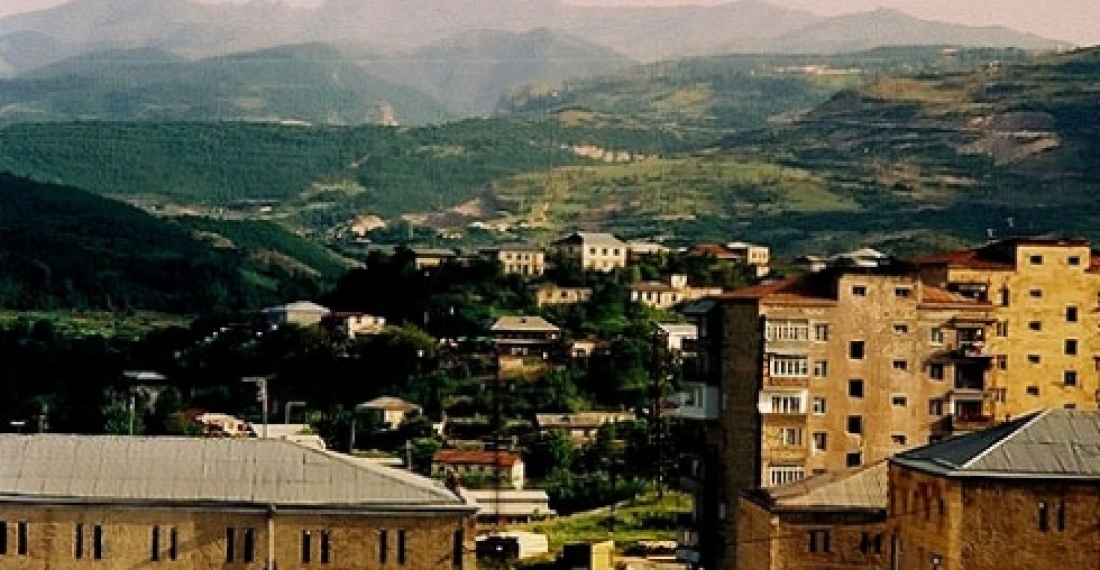Ряд неправительственных организаций Нагорно-Карабахской Республики выступил с открытым письмом, авторы которого, в частности, призвали сопредседателей МГ ОБСЕ называть вещи своими и давать адекватную оценку наличию азербайджанских снайперов на линии соприкосновения карабахских и азербайджанских ВС. В документе говорится, что, несмотря на постоянные угрозы азербайджанского президента Ильхама Алиева начать войну, на данный шаг идти он не способен и не желает. "Основная причина этого - отсутствие уверенности в возможностях своей армии и осознание того, что война в первую очередь ударит по его позициям. Ведь демонстрируемая военная мощь Азербайджана - это одно, а результат реальных боевых действий с хорошо подготовленной и не хуже оснащенной карабахской армией - совсем другое. Что делать? Как, не начиная реальной войны и не подвергая свою власть опасности, подкреплять действиями свою воинственную риторику и держать свой народ в состоянии перманентной войны, не давая ему думать о демократических преобразованиях в собственной стране? Решением стало активное использование Азербайджаном снайперов. Снайперская война при минимальном огне приводит к несравнимо большим людским потерям, чем интенсивный огонь из обычного стрелкового оружия. Если по количеству выстрелов действия снайперов посредники относят к единичным "нарушениям режима прекращения огня", то по замыслу и последствиям - это вполне активные боевые действия. Ведь неприцельная стрельба из обычного стрелкового оружия является больше актом устрашения или предупреждения, в то время как снайпер ставит иную цель - целенаправленное методичное уничтожение живой силы противника. Нужно заметить, что пикантность ситуации заключается в том, что именно от посредников зависит, как квалифицировать активизацию снайперов - "нарушением режима прекращения огня" или, все-таки, боевыми действиями", - говорится в письме.
По мнению представителей НПО, пользуясь тем, что пока действия снайперов - "нарушение режима прекращения огня", Азербайджан не только категорически отказывается от двустороннего отвода снайперов, но и открыто увеличивает их количество на линии соприкосновения. "Идя на поводу у Азербайджана, председатель ОБСЕ, министр иностранных дел Литвы А. Ажубалис вместо категорического осуждения отказа Азербайджана от двустороннего отвода снайперов, предлагает это сделать карабахской стороне в одностороннем порядке, пытаясь к политической безнаказанности азербайджанской стороны прибавить и военную. Снайперская война набирает силу, унося все больше жизней. При этом Алиев и его окружение ничем не рискуют, довольно и внутреннее поле Азербайджана, "насыщающееся" очередными жертвами снайперов - власти не дремлют, война продолжается, есть чему радоваться, сидя у телевизоров. И волки целы, и овцы сыты. Только за это платят своими жизнями молодые солдаты с обеих сторон, унося с собой частицы и без того крохотной надежды на мир, пополняя список жертв этой бессмысленной бойни - "список Ильхама Алиева", - отмечается в письме.







